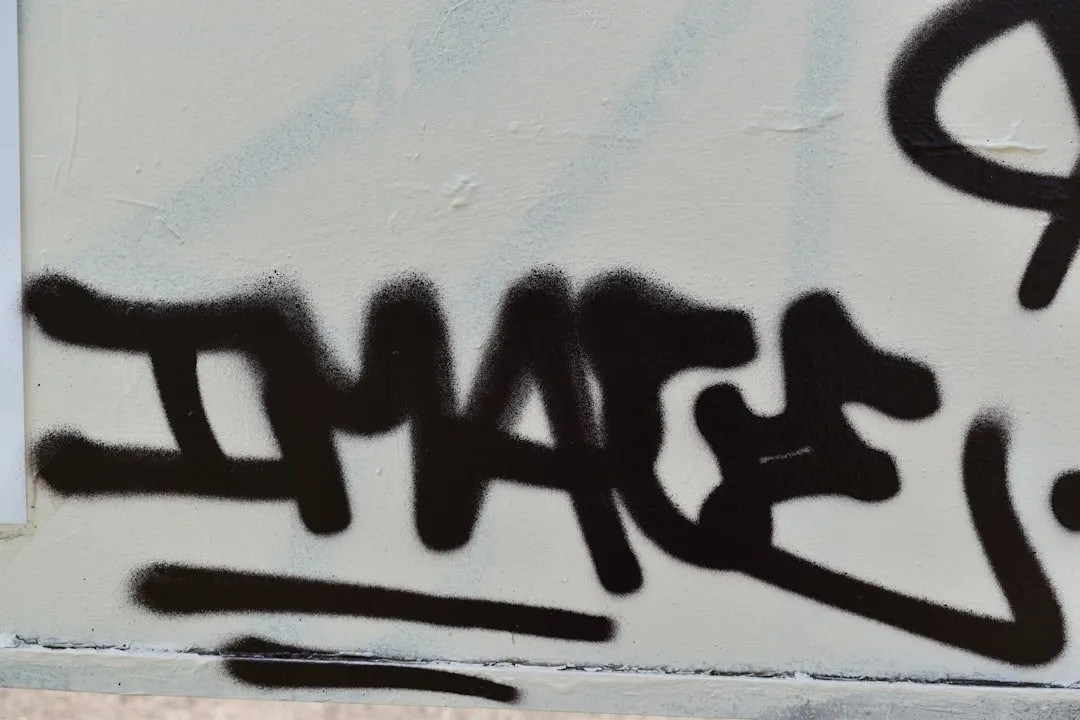Red Borneo Kratom, popular for pain relief, can produce false positive results in military urinalysis due to its key alkaloids. Standard detection methods like GC-MS may identify these compounds in kratom capsules, impacting service members' careers and security clearances. With growing kratom use among military personnel, understanding its legal implications and potential interactions with other drugs is vital for safety and compliance with stringent military regulations. Service members considering kratom should consult healthcare providers knowledgeable about military drug testing policies to ensure both effectiveness and adherence to rules governing kratom use.
Red Borneo Kratom, a powerful strain known for its unique properties, has gained attention, especially within military circles. This article explores the potential impact of Red Borneo on urinalysis, addressing concerns about its safety for service members and the legal implications of its use. We delve into the science behind kratom’s effects and the challenges it poses in military settings, offering insights for those navigating this complex issue. Discover more about kratom’s role in urinalysis and its legal status within the military community.
- What is Red Borneo Kratom and How Might It Affect Urinalysis?
- Is Red Borneo Safe for Use by Service Members?
- Understanding the Legal Implications of Kratom Use in Military Settings
What is Red Borneo Kratom and How Might It Affect Urinalysis?

Red Borneo Kratom, a potent strain native to the island of Borneo, is renowned for its unique blend of alkaloids that offer various potential therapeutic benefits. Among these, mitragynine and 7-hydroxymitragynine are primary compounds known for their pain-relieving and relaxing effects. However, when it comes to urinalysis, particularly in military settings where drug testing is stringent, Red Borneo Kratom’s impact is a subject of interest.
The presence of kratom in urine can be detected through various methods, with gas chromatography-mass spectrometry (GC-MS) being the most common. Since Red Borneo Kratom capsules contain the active compounds, its consumption may result in positive urinalysis outcomes for mitragynine and 7-hydroxymitragynine. This is particularly relevant for service members undergoing random drug screenings or those recovering from injuries who might rely on kratom for pain management. Understanding the potential for false positives during urinalysis is crucial, especially considering the legal implications in a military context where adherence to strict regulations is paramount.
Is Red Borneo Safe for Use by Service Members?

Red Borneo Kratom Capsules, known for their potent effects, raise questions about their safety in certain populations, including service members. While kratom has been used traditionally and gained popularity as a dietary supplement, its use among military personnel is a concern due to potential interactions with drugs commonly used in urinalysis. Many branches of the military prohibit the use of kratom to avoid false positives during drug screening, which could have serious repercussions for service members’ careers and security clearances.
The safety of Red Borneo Kratom for military use also hinges on individual tolerance and health status. Some service members may be more susceptible to adverse effects, especially when combining kratom with other medications or substances. It’s crucial for those considering kratom to consult with healthcare providers who understand the military’s drug testing policies and can offer guidance tailored to their unique circumstances, ensuring both safety and compliance.
Understanding the Legal Implications of Kratom Use in Military Settings

In recent years, Kratom has gained popularity among service members in the military due to its reported pain-relieving and mood-enhancing effects. However, understanding the legal implications of using Kratom in a military setting is crucial. The use of Kratom can have significant consequences, particularly when it comes to urinalysis for drug testing. While some branches of the military allow limited use under medical supervision, others strictly prohibit it due to its unpredictable interactions with standard urine tests, which often include metabolite detection for prescription opioids and other controlled substances.
Service members should be aware that failure to comply with drug-free policies can lead to disciplinary action, including administrative penalties or even legal troubles. Given the evolving nature of military regulations regarding Kratom, it’s essential to stay informed and consult with medical professionals who understand both the botanical’s effects and the specific rules governing its use within the military. Regular urinalysis remains a critical component of maintaining a safe and disciplined environment for all personnel.
Red Borneo kratom, known for its potential effects on pain relief and mood enhancement, has sparked interest among service members seeking natural alternatives. However, its impact on urinalysis remains a concern, with studies showing variable results. While some users report passing tests, others experience positive readings due to the presence of mitragynine, the primary active compound. Legal implications for kratom use in the military are complex, with regulations varying by jurisdiction. Service members must navigate these laws carefully, considering the potential consequences for their careers and well-being. Further research is needed to fully understand the safety and efficacy of Red Borneo kratom, especially in relation to urinalysis and its effects on service members.














